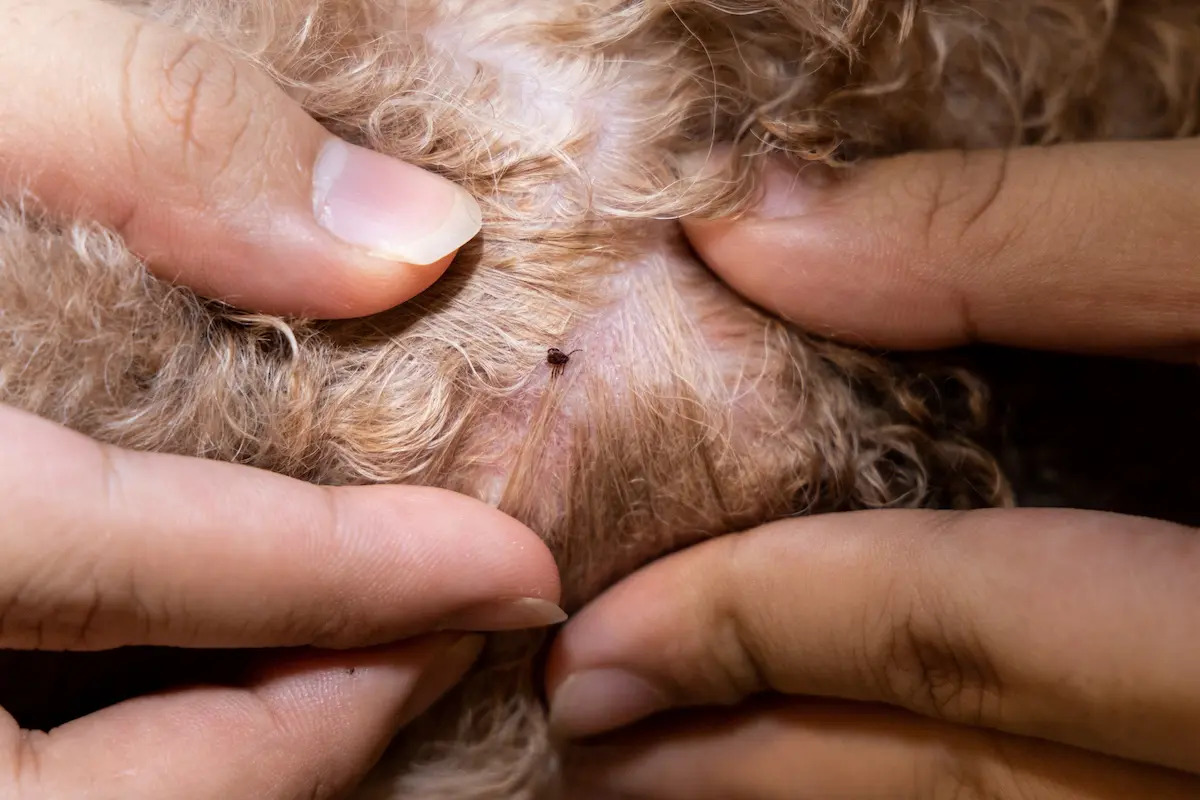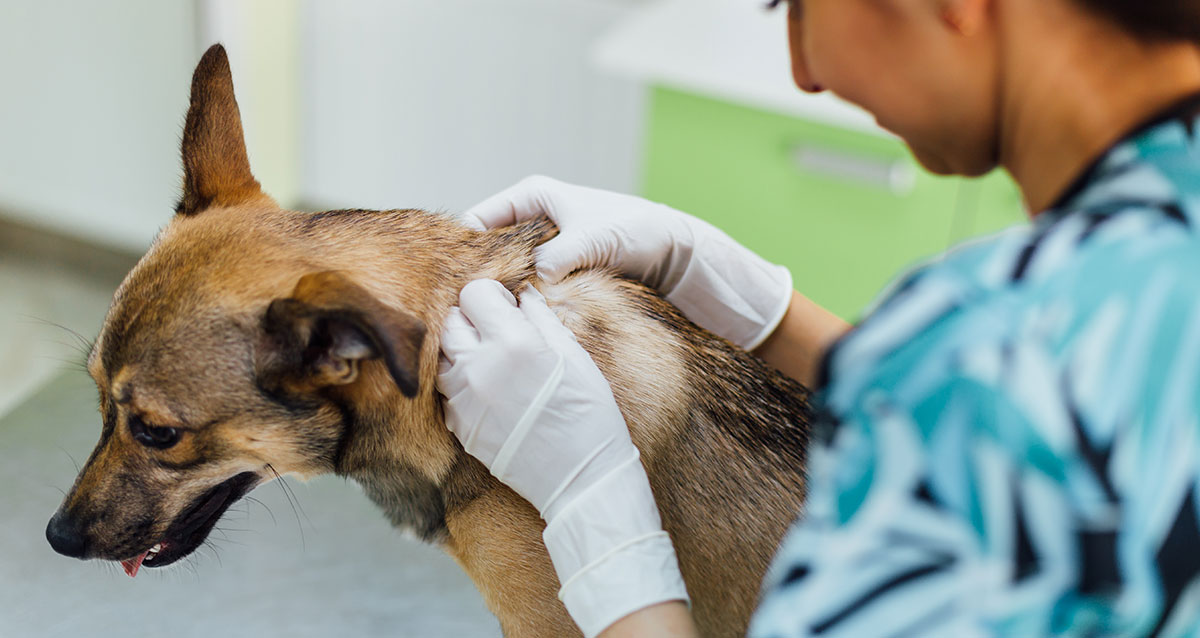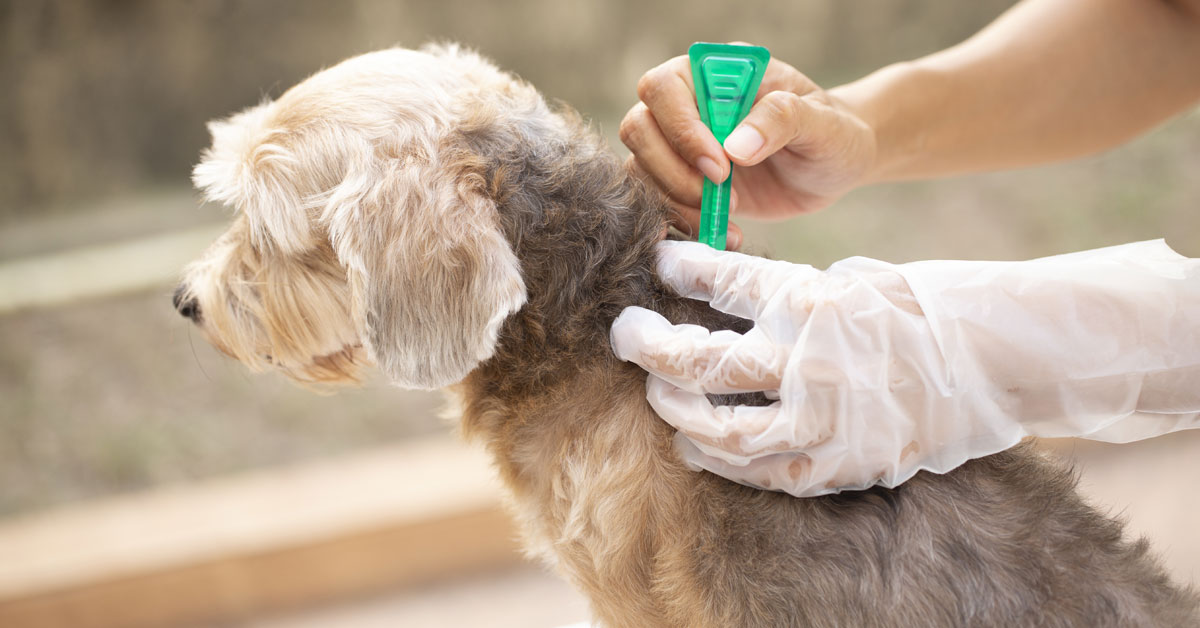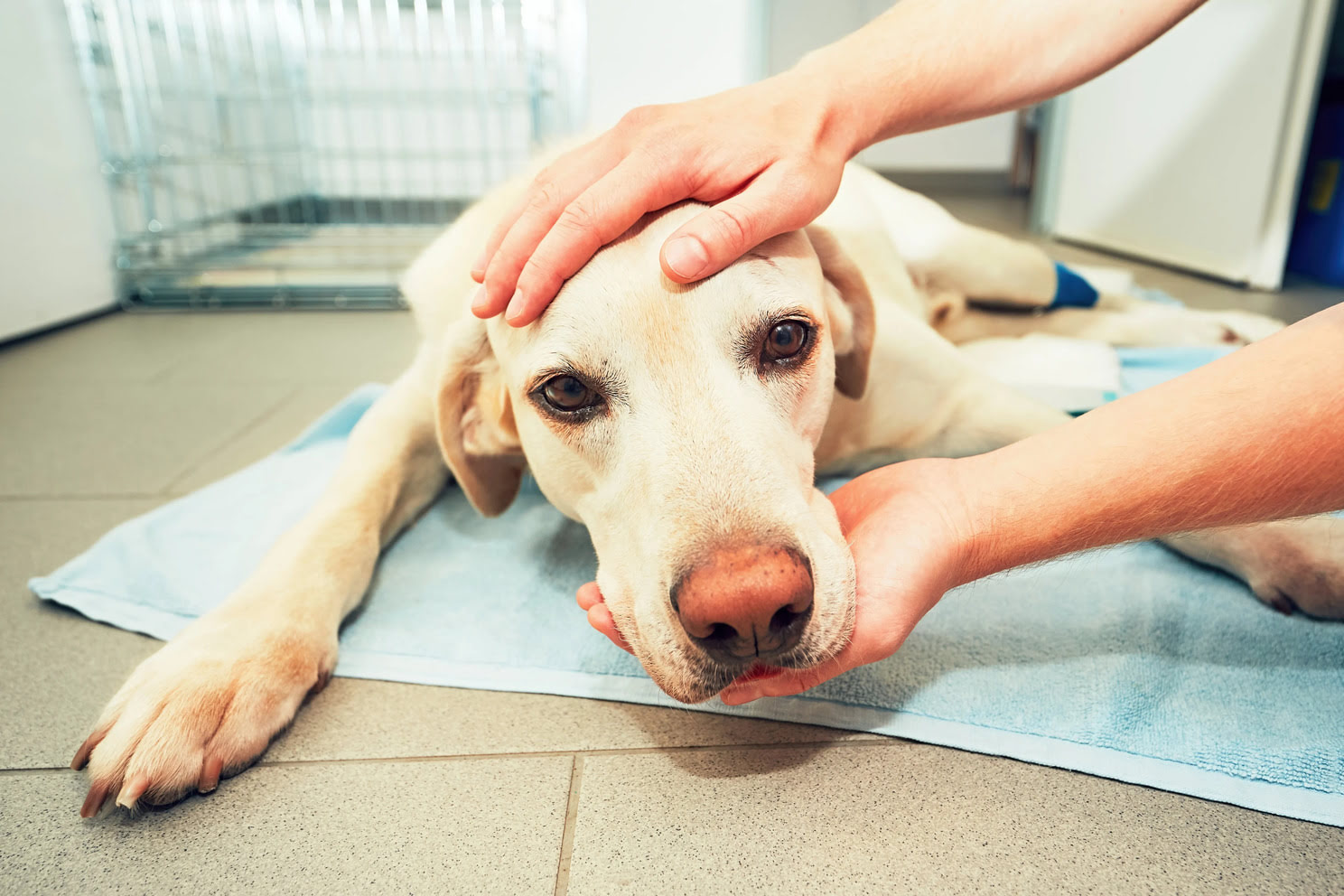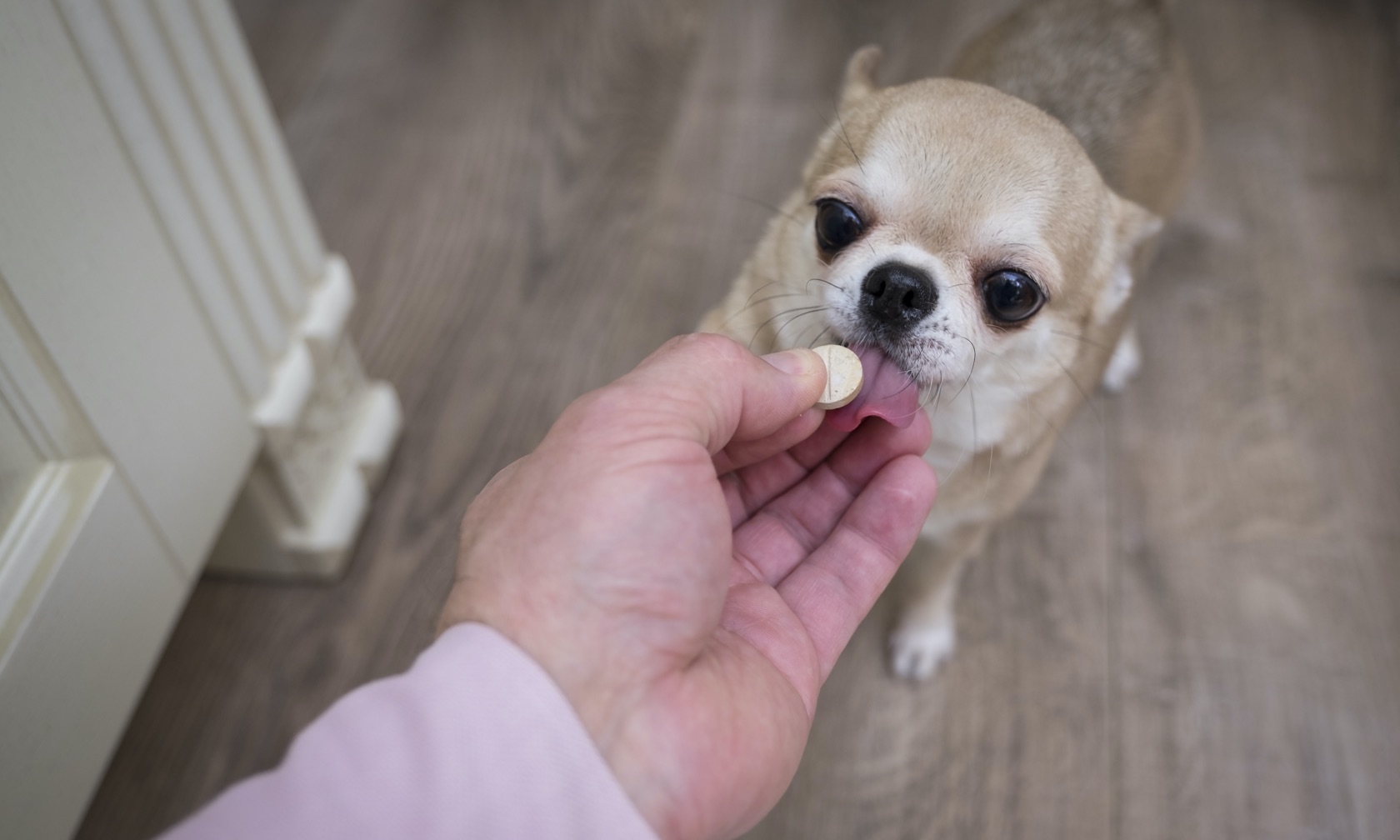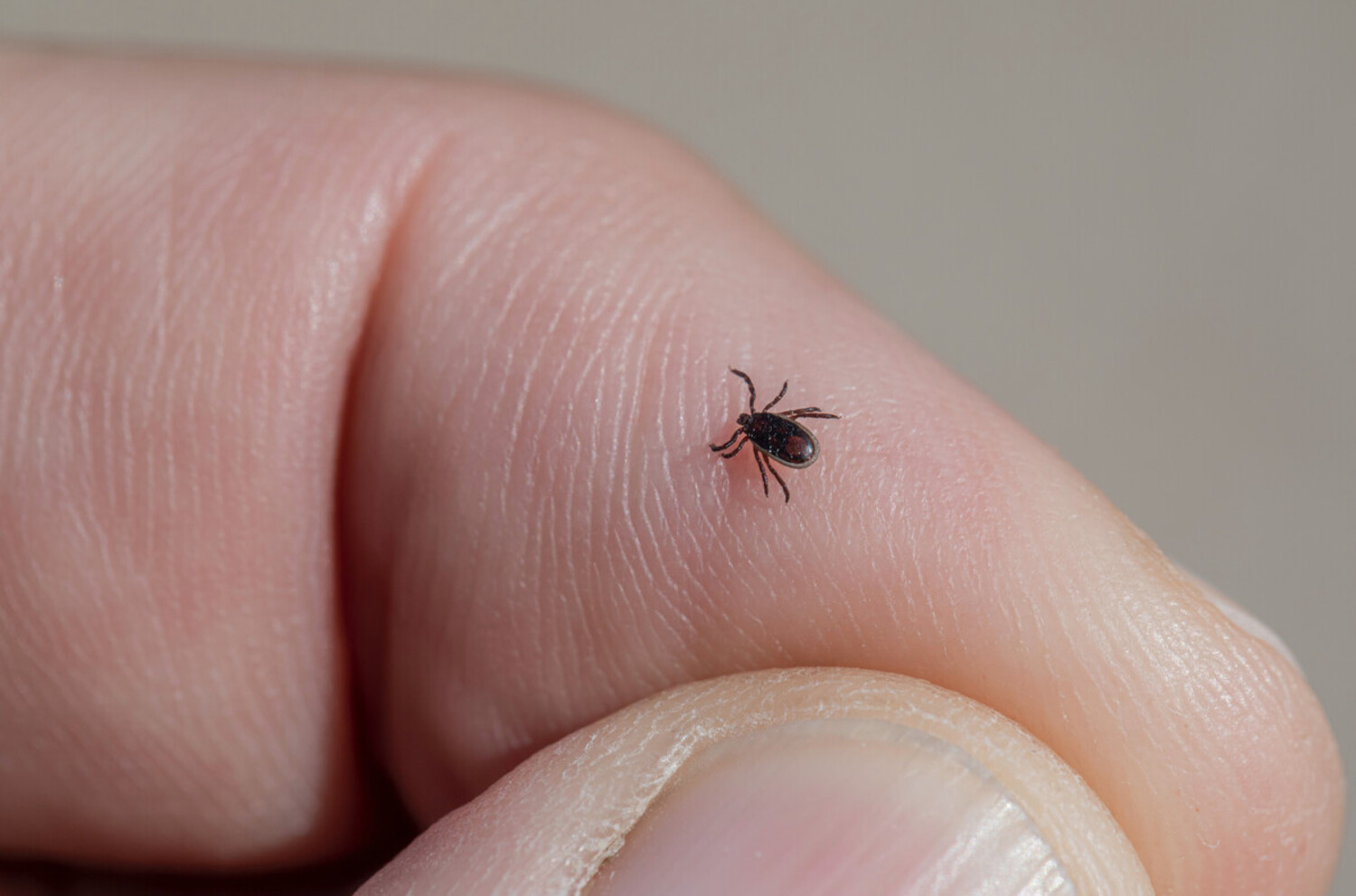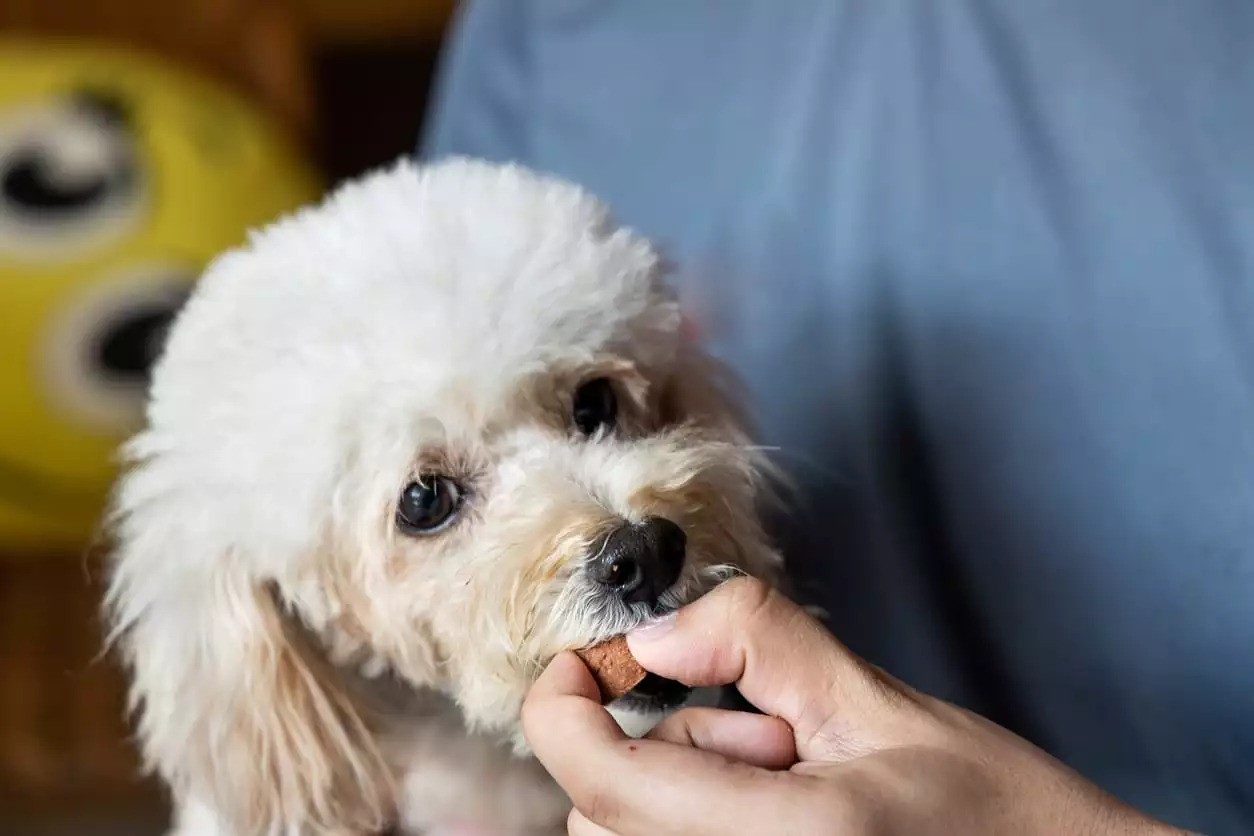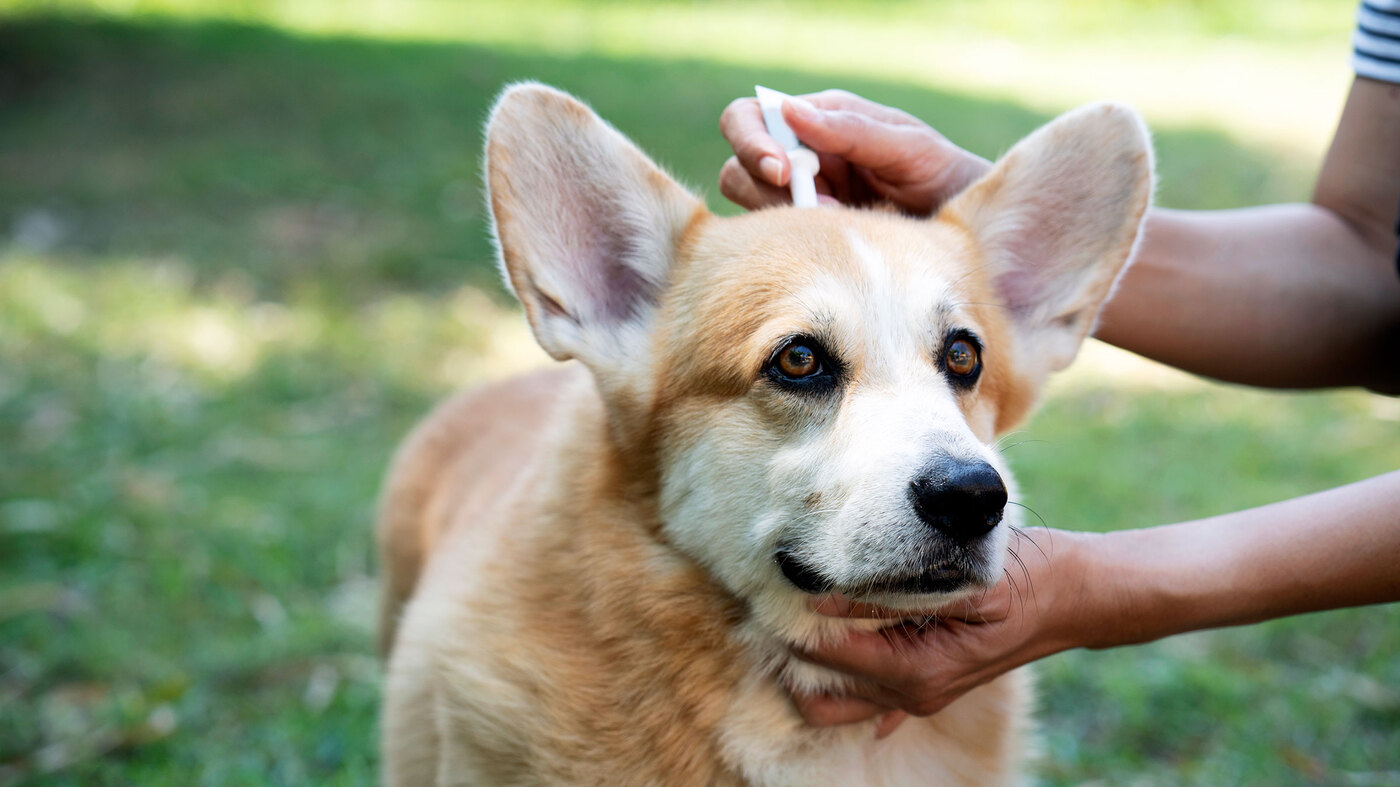Home>Health & Wellness>Common Health Issues>What Happens If My Small Dog Gets Too Much Flea And Tick Medicine
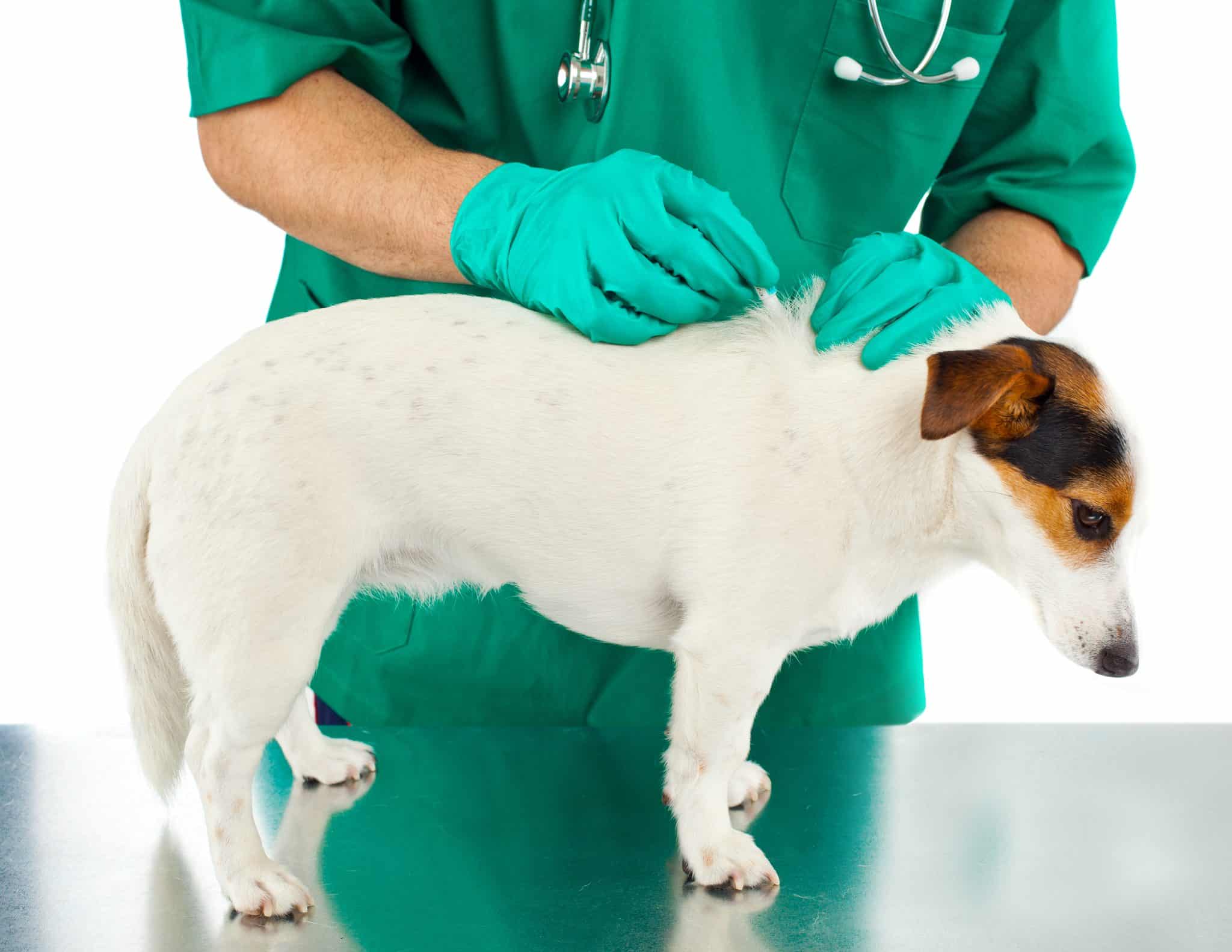

Common Health Issues
What Happens If My Small Dog Gets Too Much Flea And Tick Medicine
Published: February 3, 2024
Learn about common health issues for small dogs, including what happens if they get too much flea and tick medicine. Protect your furry friend's well-being.
(Many of the links in this article redirect to a specific reviewed product. Your purchase of these products through affiliate links helps to generate commission for Pawsomeoldies.com, at no extra cost. Learn more)
Table of Contents
Introduction
Flea and tick medicine is a crucial tool in protecting our furry companions from pesky parasites that can cause discomfort and transmit diseases. However, administering the correct dosage is paramount, as an overdose can lead to adverse effects on our small dogs' health. Understanding the risks, signs, and preventive measures associated with flea and tick medicine overdosing is essential for every pet owner.
In this article, we will delve into the potential consequences of overdosing small dogs with flea and tick medicine, the signs and symptoms to watch out for, and the necessary steps to take if an overdose occurs. Additionally, we will explore proactive measures to prevent such incidents, ensuring the well-being of our beloved canine companions. Let's embark on this informative journey to safeguard the health and happiness of our small dogs.
Understanding the Risks of Overdosing on Flea and Tick Medicine
Administering flea and tick medicine is a routine part of pet care, but it's crucial to understand the potential risks associated with overdosing, especially in small dogs. Overdosing occurs when a pet receives an excessive amount of flea and tick medication, either through accidental ingestion or incorrect application. This can lead to a range of adverse effects, impacting the overall well-being of our furry friends.
One of the primary risks of overdosing on flea and tick medicine is the potential toxicity of the active ingredients. Many flea and tick products contain chemicals such as pyrethroids, organophosphates, or carbamates, which are effective in combating parasites but can be harmful in high concentrations. When small dogs receive an overdose of these chemicals, they may experience symptoms of toxicity, including but not limited to vomiting, diarrhea, tremors, seizures, and in severe cases, even organ failure.
Furthermore, overdosing on flea and tick medicine can lead to skin irritation and allergic reactions in small dogs. Excessive application or ingestion of these products can cause skin rashes, itching, redness, and discomfort for our furry companions. In some cases, allergic reactions may manifest as swelling, hives, or difficulty breathing, posing a serious threat to the dog's health and requiring immediate medical attention.
It's important to note that small dogs are more susceptible to the adverse effects of flea and tick medicine overdosing due to their size and metabolism. Their smaller bodies may struggle to metabolize and eliminate the excessive chemicals, leading to a heightened risk of toxicity and related complications.
In summary, the risks of overdosing on flea and tick medicine for small dogs are multifaceted, encompassing potential toxicity, allergic reactions, and heightened susceptibility due to their size. Understanding these risks is paramount in safeguarding the well-being of our furry companions and underscores the importance of administering flea and tick medication with precision and caution.
Signs and Symptoms of Overdosing in Small Dogs
Identifying the signs and symptoms of overdosing on flea and tick medicine in small dogs is crucial for prompt intervention and mitigating potential health risks. While the specific manifestations may vary depending on the type and dosage of the medication, there are several common indicators that pet owners should be vigilant about.
One of the primary symptoms of flea and tick medicine overdosing in small dogs is gastrointestinal distress. This may manifest as persistent vomiting, diarrhea, or excessive drooling. These symptoms can indicate an adverse reaction to the chemicals in the medication, potentially leading to dehydration and electrolyte imbalances if left unaddressed.
Furthermore, small dogs that have received an overdose of flea and tick medicine may exhibit neurological symptoms. These can include tremors, muscle twitching, and in severe cases, seizures. These signs are indicative of neurological toxicity and require immediate veterinary attention to prevent further complications.
Skin-related symptoms are also common in cases of overdosing. Small dogs may experience skin irritation, redness, or itching at the application site. In some instances, allergic reactions can occur, leading to swelling, hives, or even difficulty breathing. These symptoms necessitate urgent medical evaluation to alleviate discomfort and prevent the escalation of allergic reactions.
Additionally, behavioral changes can signal an overdose of flea and tick medicine in small dogs. Pet owners should be attentive to signs of lethargy, disorientation, or unusual agitation in their furry companions. These behavioral alterations may stem from the physiological effects of the medication and should prompt immediate veterinary assessment.
It's important to note that the onset and severity of these symptoms can vary based on the specific product and the individual dog's sensitivity. Therefore, pet owners should closely monitor their small dogs after administering flea and tick medicine and seek veterinary guidance if any concerning signs or symptoms arise.
In summary, recognizing the signs and symptoms of overdosing on flea and tick medicine in small dogs is paramount for ensuring the timely and appropriate management of potential complications. By remaining vigilant and responsive to these indicators, pet owners can safeguard the well-being of their beloved canine companions and seek professional assistance when necessary.
What to Do If Your Small Dog Gets Too Much Flea and Tick Medicine
If you suspect that your small dog has ingested or been exposed to an excessive amount of flea and tick medicine, prompt and decisive action is essential to mitigate potential health risks. Here are the crucial steps to take in such a situation:
-
Contact Your Veterinarian Immediately: Upon suspecting an overdose, contacting your veterinarian should be the first priority. Provide details regarding the type of flea and tick medicine used, the potential amount ingested or applied, and any observed symptoms in your small dog. Your veterinarian can offer personalized guidance based on the specific circumstances and provide instructions for immediate care.
-
Monitor Your Dog's Vital Signs: While awaiting veterinary guidance, closely monitor your small dog's vital signs and behavior. Keep an eye on their breathing, heart rate, and overall responsiveness. If you notice any concerning changes, such as difficulty breathing, seizures, or severe lethargy, convey this information to the veterinarian promptly.
-
Do Not Induce Vomiting Without Professional Advice: Refrain from inducing vomiting in your small dog unless specifically instructed to do so by your veterinarian. In some cases, inducing vomiting can exacerbate the effects of certain flea and tick medications, and professional guidance is crucial to determine the appropriate course of action.
-
Provide Comfort and Reassurance: During this stressful time, offer your small dog comfort and reassurance. Create a calm and quiet environment to minimize stress and anxiety, which can aid in stabilizing their condition while awaiting veterinary assistance.
-
Follow Veterinary Recommendations: Upon consulting with your veterinarian, adhere to their recommendations diligently. This may involve bringing your small dog in for immediate evaluation and treatment, following specific at-home care instructions, or monitoring their condition closely for any changes.
-
Prevent Future Overdosing Incidents: Take proactive measures to prevent future overdosing incidents. This includes carefully reading and following the dosage instructions on flea and tick medication packaging, storing these products securely out of your small dog's reach, and seeking clarification from your veterinarian or a qualified professional if you have any uncertainties about administering the medication.
By promptly seeking veterinary guidance, closely monitoring your small dog's well-being, and following professional recommendations, you can effectively address an overdose of flea and tick medicine and safeguard the health of your beloved canine companion. Remember, swift action and informed decision-making are pivotal in ensuring the best possible outcome for your small dog in such circumstances.
Preventing Overdosing in Small Dogs
Preventing overdosing on flea and tick medicine in small dogs is paramount for maintaining their well-being and minimizing the risk of adverse effects. By implementing proactive measures and adhering to best practices, pet owners can safeguard their furry companions from the potential consequences of medication mismanagement.
One of the fundamental steps in preventing overdosing is to carefully read and understand the dosage instructions provided with the flea and tick medication. Pay close attention to the recommended dosage based on your small dog's weight and age, and ensure precise adherence to these guidelines. Avoid estimating or approximating the dosage, as inaccuracies can lead to inadvertent overdosing.
Consulting with a veterinarian before administering flea and tick medicine is highly advisable, especially if your small dog has preexisting health conditions or is taking other medications. Veterinary guidance can offer valuable insights into selecting the most suitable and safe flea and tick products for your dog, taking into account their individual health status and potential sensitivities.
Furthermore, pet owners should prioritize the selection of flea and tick products specifically formulated for small dogs. Using products designed for larger breeds or other animals can result in dosage errors and inappropriate chemical concentrations for small dogs, increasing the risk of overdosing. Opt for medications that are explicitly labeled for small dog use, and if uncertain, seek clarification from a veterinarian or qualified professional.
Storing flea and tick medication securely and out of your small dog's reach is essential in preventing accidental ingestion or overexposure. Ensure that these products are kept in a designated and inaccessible area, such as a locked cabinet or elevated shelf, to prevent curious pets from accessing them without supervision.
Regularly inspecting the expiration dates of flea and tick products is crucial for ensuring their efficacy and safety. Expired medications may have altered chemical compositions, potency, or stability, posing potential risks to your small dog if administered. Discard expired products responsibly and procure fresh supplies as needed to maintain the effectiveness of parasite control measures.
In summary, preventing overdosing in small dogs necessitates meticulous attention to dosage instructions, seeking veterinary guidance, selecting appropriate products, secure storage, and monitoring expiration dates. By conscientiously implementing these preventive measures, pet owners can uphold the safety and health of their small dogs while effectively managing flea and tick infestations.
Conclusion
Safeguarding the health and well-being of our small dogs entails a comprehensive understanding of the risks, signs, and preventive measures associated with flea and tick medicine overdosing. The potential consequences of an overdose, ranging from toxicity to allergic reactions, underscore the critical importance of administering these medications with precision and caution. By recognizing the signs and symptoms of overdosing, pet owners can promptly intervene and seek professional assistance, mitigating potential health risks and ensuring the best possible outcome for their furry companions.
In the event of a suspected overdose, swift action is paramount. Contacting a veterinarian immediately, monitoring vital signs, and following professional guidance are pivotal steps in addressing the situation effectively. Providing comfort and reassurance to the affected small dog while adhering to veterinary recommendations can contribute to stabilizing their condition and facilitating a speedy recovery. Moreover, taking proactive measures to prevent future overdosing incidents, such as careful dosage adherence, secure storage, and regular expiration date checks, is essential for maintaining a safe and nurturing environment for our beloved canine companions.
Ultimately, the well-being of our small dogs hinges on informed decision-making, proactive prevention, and attentive care. By integrating these principles into our approach to flea and tick medication management, we can uphold the health and happiness of our furry friends while mitigating the risks associated with parasite control. Through vigilance, responsible pet ownership, and a commitment to informed pet care practices, we can create a safe and nurturing environment where our small dogs can thrive, free from the perils of flea and tick medicine overdosing.


